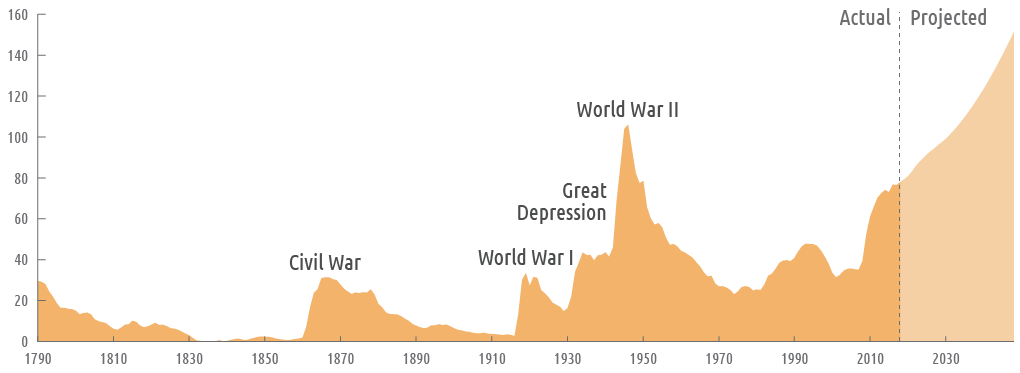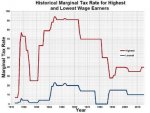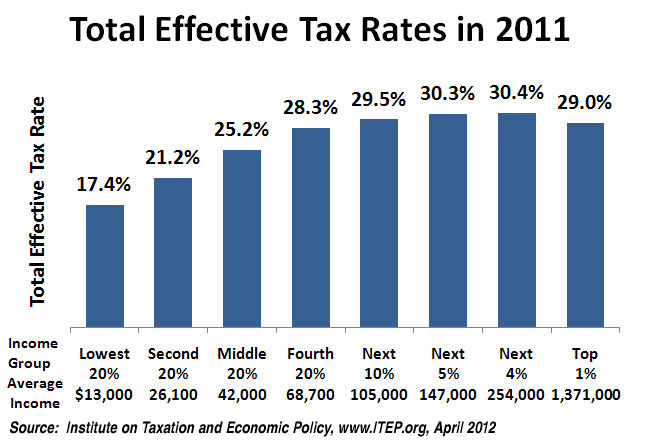- Joined
- Dec 13, 2015
- Messages
- 9,594
- Reaction score
- 2,072
- Location
- France
- Gender
- Male
- Political Leaning
- Centrist
Economics Struggles to Cope With Reality
Excerpt:
What do you think ... ?
_____________________
Excerpt:
There are basically four different activities that all go by the name of macroeconomics. But they actually have relatively little to do with each other. Understanding the differences between them is helpful for understanding why debates about the business cycle tend to be so confused.
The first is what I call “coffee-house macro,” and it’s what you hear in a lot of casual discussions. It often revolves around the ideas of dead sages -- Friedrich Hayek, Hyman Minsky and John Maynard Keynes. It doesn’t involve formal models, but it does usually contain a hefty dose of political ideology.
The second is finance macro. This consists of private-sector economists and consultants who try to read the tea leaves on interest rates, unemployment, inflation and other indicators in order to predict the future of asset prices (usually bond prices). It mostly uses simple math, though advanced forecasting models are sometimes employed. It always includes a hefty dose of personal guesswork.
The third is academic macro. This traditionally involves professors making toy models of the economy -- since the early ’80s, these have almost exclusively been DSGE models (if you must ask, DSGE stands for dynamic stochastic general equilibrium). Though academics soberly insist that the models describe the deep structure of the economy, based on the behavior of individual consumers and businesses, most people outside the discipline who take one look at these models immediately think they’re kind of a joke. They contain so many unrealistic assumptions that they probably have little chance of capturing reality. Their forecasting performance is abysmal. Some of their core elements are clearly broken. Any rigorous statistical tests tend to reject these models instantly, because they always include a hefty dose of fantasy.
The fourth type I call Fed macro. The Federal Reserve uses an eclectic approach, involving both data and models. Sometimes the models are of the DSGE type, sometimes not. Fed macro involves taking data from many different sources, instead of the few familiar numbers like unemployment and inflation, and analyzing the information in a bunch of different ways. And it inevitably contains a hefty dose of judgment, because the Fed is responsible for making policy.
How can there be four very different activities that all go by the same name, and all claim to study and understand the same phenomena? My view is that academic macro has basically failed the other three.
What do you think ... ?
_____________________



